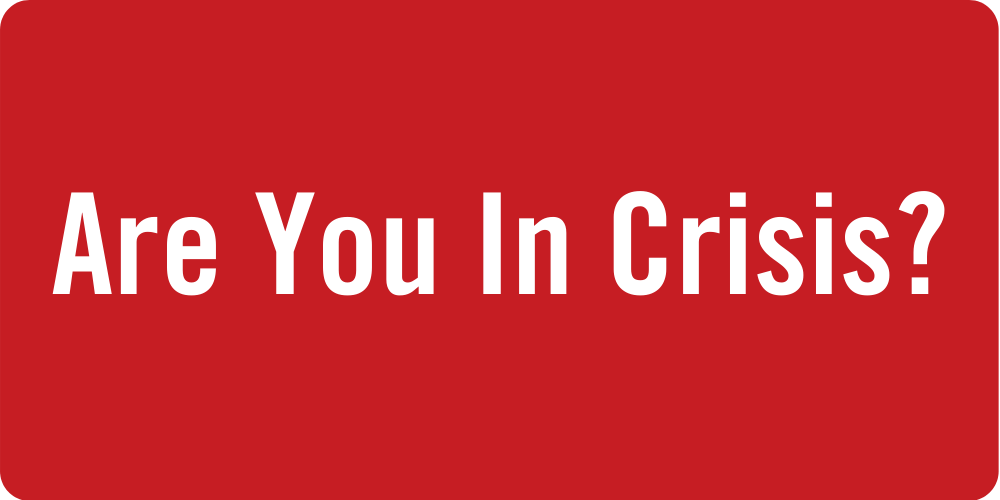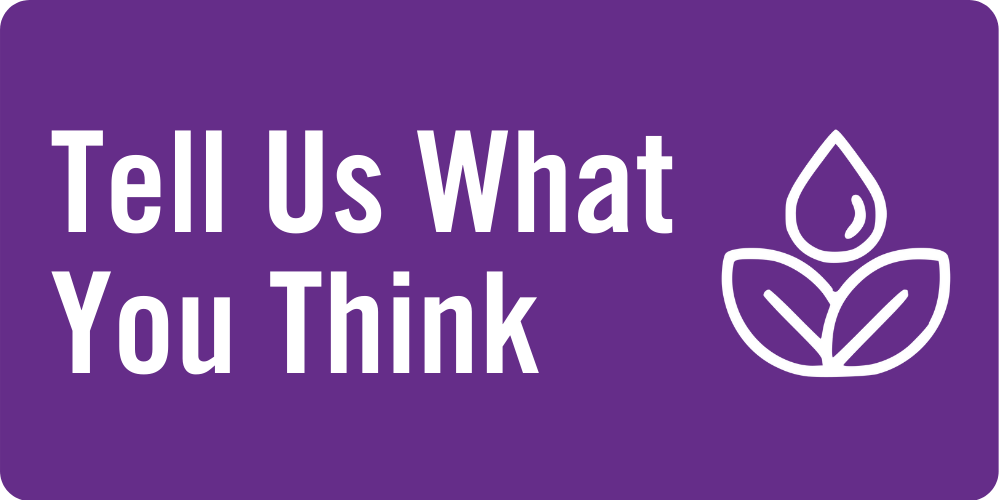Harm Reduction for Disordered Eating Over the Holidays
The holiday season can be tough if you have or are recovering from an eating disorder. One way to cope with an eating disorder during the holidays is to plan activities that help keep the season bright, such as game nights with loved ones.
Practicing Harm Reduction
- Eating foods that feel safe; not challenging oneself to face all fear foods at once.
- Bring safe meals/snacks with you to events.
- Call ahead to find out who will be in attendance and what food will be served so you can mentally prepare.
- Identify a support person who you can text or call if you’re feeling triggered/distressed.
- Make a plan for after an event/situation that you anticipate will be difficult (e.g. holiday gathering).
- Reduce isolation by scheduling activities that bring you into community spaces.
- Consider joining an online peer support group and contacting crisis resources if needed.
- Having a plan in place for holiday meals or festivities, including how to deal with any tough emotions that may arise. This may include reducing the number of scheduled events (selecting those that matter to you personally), identifying a support person to help with meals (providing support and helping you stick to your plan to the best of your ability), and making time for daily self-care and coping skills practice.
- If you’ve established a regular meal plan with your care team, keep it as close as possible to it during any holiday events.
Communicate Your Boundaries and Set an Exit Time
Setting healthy boundaries with others is key to avoiding triggers and minimizing distress if they do arise during conversations and meals. For example, you might ask your family or friends to avoid having any diet-related conversations with or around you. You can also set a specific time to leave the dinner or party before it becomes too tiring.
Stay Centred on the Meaning of the Holidays
When planning festivities, one of the best ways to achieve “happy feelings’ is by taking the focus off the holiday meal. Think about what activities make you feel safe and the season special. This could mean planning to play games, watch family-favourite movies, build a snowman, or go for a stroll to admire holiday decorations and lights.
Avoid Negative Self-Talk and Be Compassionate Instead
Remember that you are dealing with a tough situation. Struggling doesn’t mean you are failing. Be proud of yourself. Getting stuck in negative thoughts will only make you feel worse. The negative thoughts about yourself, food, and body will make dealing with the holidays that much more challenging, leading to increased negative emotions and behaviours.
These steps can help quiet the voice inside you that is focused on the negative:
- Tune into the things you tell yourself. Sometimes, negative self-talk is subconscious, meaning you’re not always aware you’re doing it.
- Avoid perfectionism. Set realistic goals and expectations for yourself. Recovery doesn’t happen overnight.
- Forgive yourself if you make a mistake. If you experience a setback, whether in recovery or another aspect of your life, acknowledge that you’re doing your best, forgive yourself, and move on.
- A mental health professional can also help you learn strategies to reduce negative self-talk.
- Remember to Practice Gratitude for Yourself!
- To keep the holidays calm and bright — and to help you celebrate your accomplishments — decompressing with healthy activities that also reduce stress.
- Self-care looks different for everyone; here are some activities you might enjoy:
- Reading
- Meditating
- Snuggling with pets
- Listing the things, you are grateful for
- Lighting a scented candle
- Listening to calming music or a podcast you enjoy
- Playing fun online games
- Doing a puzzle with a family member or friend
- Taking a bath or shower
If you need support over the holidays, connect with the following:
National Eating Disorder Information Center
Helpline: 1-866-NEDIC-20 (toll-free) or 416-340-4156 (Toronto)
Live chat: nedic.ca
E-mail: nedic@uhn.ca
The confidential and free post-secondary student helpline, Good2Talk, that students can call for professional support 24/7/365. Their toll-free number is 1-866-925-5454
Crisis Response Services is a 24/7 crisis line staffed by Canadian Mental Health Association
Thunder Bay- 807-346-8282
Orillia- 705-728-5044
In case of an emergency, call 911.
-Logan Ryder, Peer Wellness Education Lead




